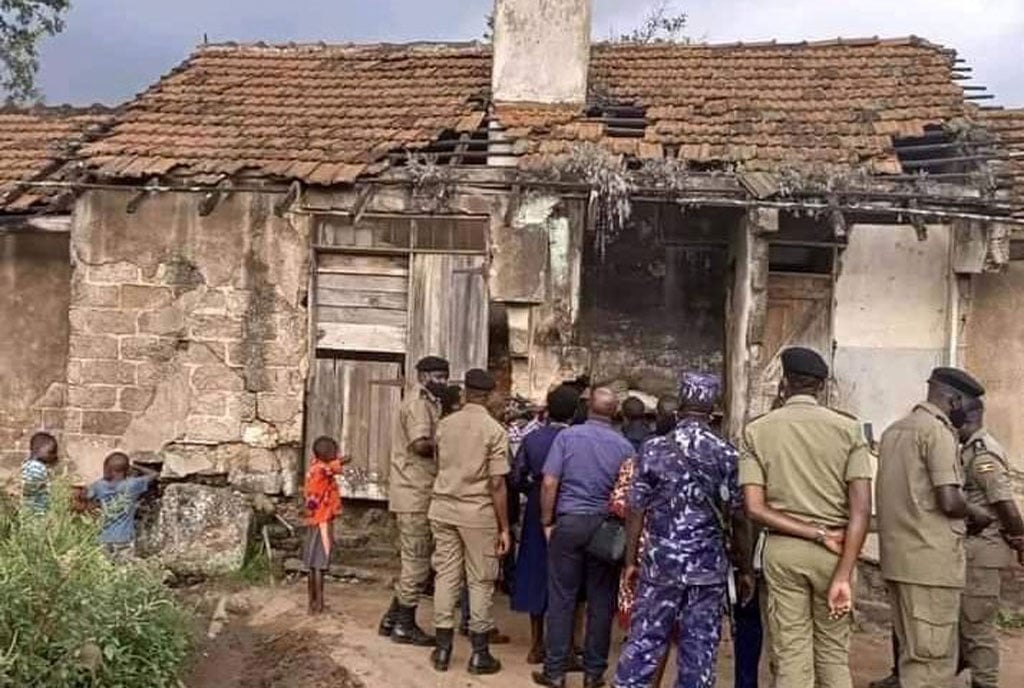Cyclone Eloise leaves hundreds homeless in Mozambique

Maputo. A tropical cyclone that hit central Mozambique on the weekend has displaced thousands of people and caused severe flooding in an area battered by two deadly cyclones in 2019, response teams and aid agencies said.
Cyclone Eloise made landfall in the early hours of Saturday, bringing high-speed winds of up to 150 km/h followed by torrential rain over the port city of Beira, the capital of Mozambique's Sofala province, and the adjacent Buzi district.
Almost 7,000 people have been displaced and more than 5,000 houses destroyed or damaged in the area, the UN's Office for the Coordination of Humanitarian Affairs (OCHA) said Monday, citing preliminary government figures.
National emergency response teams on Sunday confirmed six deaths and 12 serious injuries -- numbers expected to rise as the scale of the damage is fully assessed in the coming days.
"So many places are flooded already and it's getting worse," said UNICEF Mozambique spokesman Daniel Timme, speaking to AFP from Beira.
"Rivers are collecting water and bringing it back to the Buzi River basin" south of Beira, he said.
Timme said the cyclone had disproportionately affected the city's poorer neighbourhoods, where homes made of tarpaulin and corrugated iron were swept up by winds.
Hundreds have taken refuge in a school and were in urgent need of food, medicine and proper shelter, he added.
Prime Minister Carlos Agostinho do Rosario visited the Sofala province on Monday, calling on people living in areas with a high risk of flooding to evacuate to safety.
- 176,000 'severely affected' -
Eloise hit an area devastated by two successive super-storms in March and April 2019.
The first, Cyclone Idai, left more than 1,000 dead and caused damage estimated at around $2 billion.
Timme said aid workers were scrambling to provide safe drinking water and avoid cholera, which broke out in temporary shelters across Beira around two weeks after Idai hit.
UNICEF, the United Nations' children's agency, estimates that 176,000 people have been "severely affected" by Eloise, half of them children.
Beira Mayor Daviz Simango said one of the victims was a two-year-old girl "whose house collapsed" while her parents were out.
"We call on people to observe the principle of resilience and better reconstruction," Simango told reporters on Sunday.
Around 142,000 hectares (350,000 acres) of farmland have been swamped, according to preliminary UNICEF figures, as well as 26 health centres and 76 classrooms.
Eloise has weakened into an overland depression since its Mozambique landfall and moved south towards South Africa.
But not before leaving three people dead as it swept over landlocked Eswatini, police communications officer Phindile Vilakati told AFP.
Heavy rainfall has caused flooding in South Africa's northern Limpopo and Mpumalanga provinces, as well as in neighbouring Zimbabwe.





